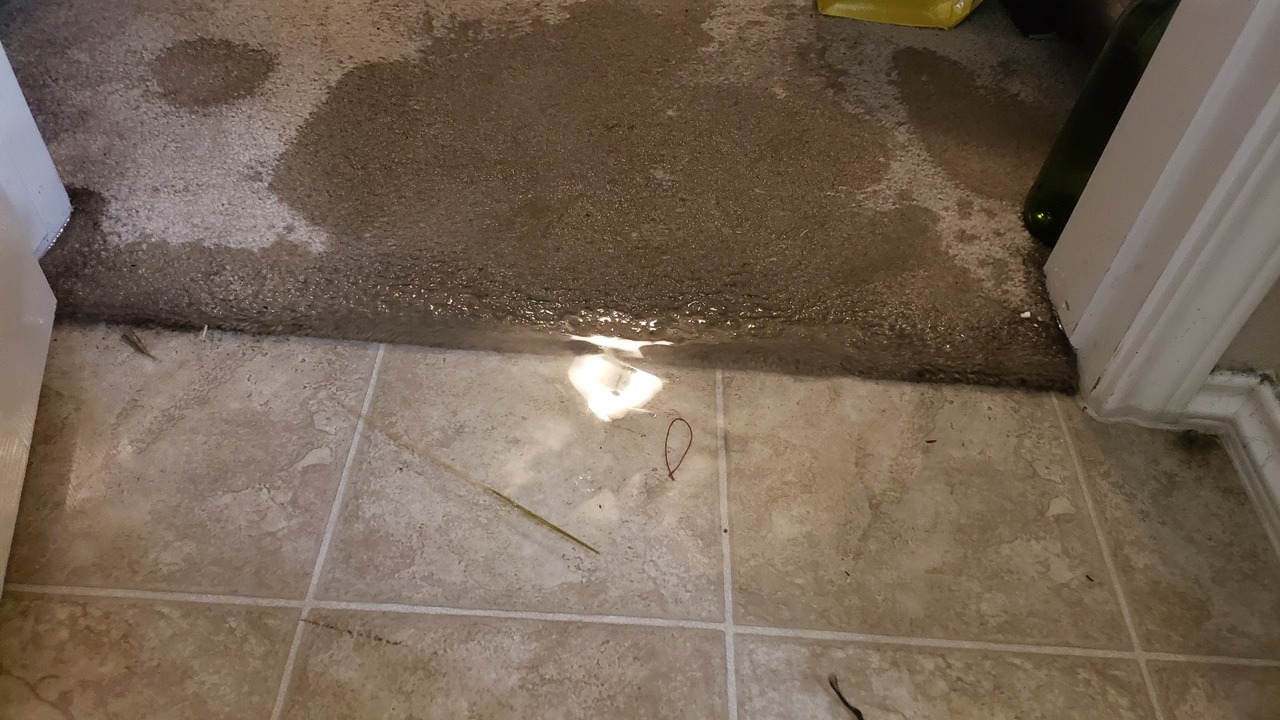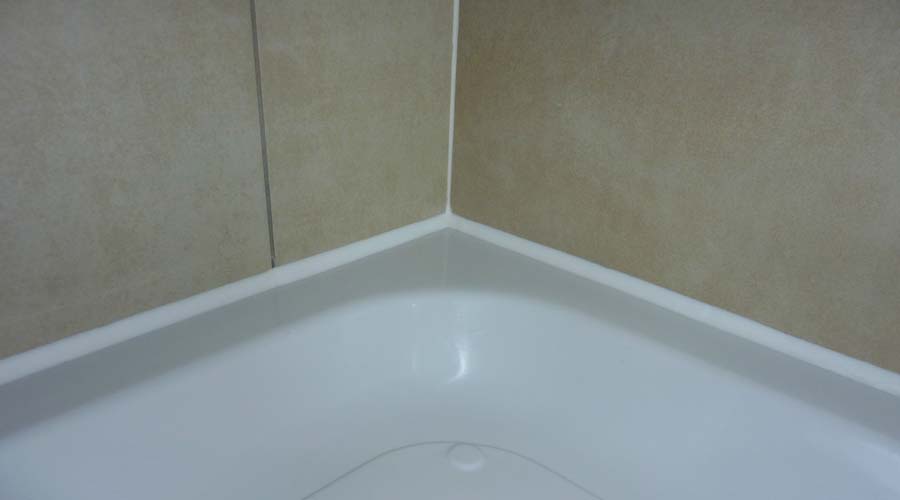Humidity Leads to Harm in the Bathroom
Humidity Leads to Harm in the Bathroom
Blog Article
What are your concepts on How to Repair and Prevent Bathroom Water Damage??

Water damage usually happens in the restroom as a result of the water used everyday. Often, the damage could be a little mold from the shower. Various other times, it's large damages on your flooring. Whatever it is, it is always great to know the reason as well as prevent it prior to it happens.
This overview will go through several of the common causes of water damage in the washroom. We will likewise analyze what you can do to avoid these causes from harming your bathroom. Let's dive in.
5 Usual Reasons For Water Damage in Washrooms
These are the common factors you would certainly have water damage in your bathrooms and how you can find them:
Burst or Leaking Pipes
There are several pipelines bring water to different parts of your bathroom. Some pipes take water to the commode, the sink, the faucets, the shower, and lots of other locations. They crisscross the small area of the restroom.
Every so often, these pipes can get rusty and ruptured. Other times, human activity might cause them to leak. When this takes place, you'll find water in the corners of your washroom or on the wall surface.
To spot this, watch out for bubbling wall surfaces, molds, or mold. Call a professional emergency plumbing to repair this when it happens.
Fractures in your wall surface tilesv
Shower room wall surface tiles have been specifically made for that purpose. They safeguard the wall from wetness from individuals taking showers. Nonetheless, they are not undestroyable.
In some cases, your restroom wall ceramic tiles fracture as well as enable some moisture to seep into the wall. This can possibly damage the wall surface if you don't take any action. If you see a split on your wall surface ceramic tiles, fix it right away. Don't wait till it ruins your wall.
Overflowing toilets and sinks
As humans, in some cases we make blunders that can create some water damage in the washroom. As an example, leaving your sink tap on might create overruning as well as damage to other parts of the washroom with wetness.
Additionally, a malfunctioning commode might create overflowing. For instance, a busted toilet manage or various other parts of the cistern. When this happens, it might harm the flooring.
As quickly as you discover an overflowing sink or bathroom, call a plumber to help take care of it quickly.
Roof Leaks
Sometimes, the problem of water damage to the restroom might not come from the bathroom. As an example, a roof leakage might trigger damage to the bathroom ceiling. You can detect the damages done by checking out the water spots on the ceiling.
If you find water discolorations on your ceiling, inspect the roof to see if it's harmed. Then, call a specialist to assist solve the concern.
Excess Moisture
It's cool to have that lengthy shower and sprinkle water while you hem and haw as well as imitate you're carrying out, yet sometimes these acts might create water damage to your restroom.
Sprinkling water around can create water to go to corners and develop mold and mildews. View how you spread out excess moisture around, and also when you do it, clean it up to prevent damage.
Verdict
Water damage to your washroom can be irritating. Nevertheless, you can handle it if you avoid several of the reasons mentioned in this guide. Call an expert emergency situation plumber if you notice any extreme damage.
How to Prevent Water Damage in Your Bathroom?
Water damage repair is an expensive, meticulous, and lengthy process. Unfortunately, bathrooms are the most susceptible rooms to water damage due to toilets, showers, and sinks. Pipes and fixtures wear out over time and are not immune to damage. But all is not lost, as there are ways to prevent water damage from occurring in your bathroom.
Check Your Plumbing
Nothing lasts forever, especially pipes, which can rust and begin leaking over time. You should periodically conduct pipe inspections and pay attention for any musty smells or water stains that may indicate you need water damage repair. Here are some things to check:
Frequently test valves for your toilet, shower, and sink to ensure they are properly working.
Check faucet supply lines hidden under vanities and replace when needed.
Replace cracked or deteriorating caulking along sinks, tubs, and showers.
If you notice a clog in your sink, call in a professional.
Since you can’t check the pipes in the wall, keep an eye out for stains, drywall bubbling, musty smells, and excess moisture; if the bathroom is on a second level, check the ceiling of the room directly below for these signs.
Don’t Overwork Your Toilet
One of the most common reasons bathrooms need water damage repair is due to overflowing toilets. Save yourself the hassle of cleanup by being mindful and not pushing your toilet to extreme limits. If you have young children, it is especially important to keep an eye on them when they are in the bathroom and to teach them how to avoid clogging the toilet. Here are some more tips to help prevent your toilet from overflowing:
If you have a septic tank, only use septic-safe toilet paper
Do not flush anything down the toilet besides toilet paper; items like diapers and sanitary napkins will clog the piping
Pay attention to your toilet’s water level: If it’s low, it could mean it is partially clogged or that there is a crack in the toilet bowl
https://www.alure.com/home-improvements-blog/resources/how-to-prevent-water-damage-in-your-bathroom

How to Prevent Water Damage in Your Bathroom?
Water damage repair is an expensive, meticulous, and lengthy process. Unfortunately, bathrooms are the most susceptible rooms to water damage due to toilets, showers, and sinks. Pipes and fixtures wear out over time and are not immune to damage. But all is not lost, as there are ways to prevent water damage from occurring in your bathroom.
Check Your Plumbing
Nothing lasts forever, especially pipes, which can rust and begin leaking over time. You should periodically conduct pipe inspections and pay attention for any musty smells or water stains that may indicate you need water damage repair. Here are some things to check:
Don’t Overwork Your Toilet
One of the most common reasons bathrooms need water damage repair is due to overflowing toilets. Save yourself the hassle of cleanup by being mindful and not pushing your toilet to extreme limits. If you have young children, it is especially important to keep an eye on them when they are in the bathroom and to teach them how to avoid clogging the toilet. Here are some more tips to help prevent your toilet from overflowing:
https://www.alure.com/home-improvements-blog/resources/how-to-prevent-water-damage-in-your-bathroom
I am very serious about How to Repair and Prevent Bathroom Water Damage? and I hope you enjoyed reading the blog post. Sharing is caring. Helping others is fun. I recognize the value of reading our article about How to Repair and Prevent Bathroom Water Damage?.
Immediate response? Call. Report this page